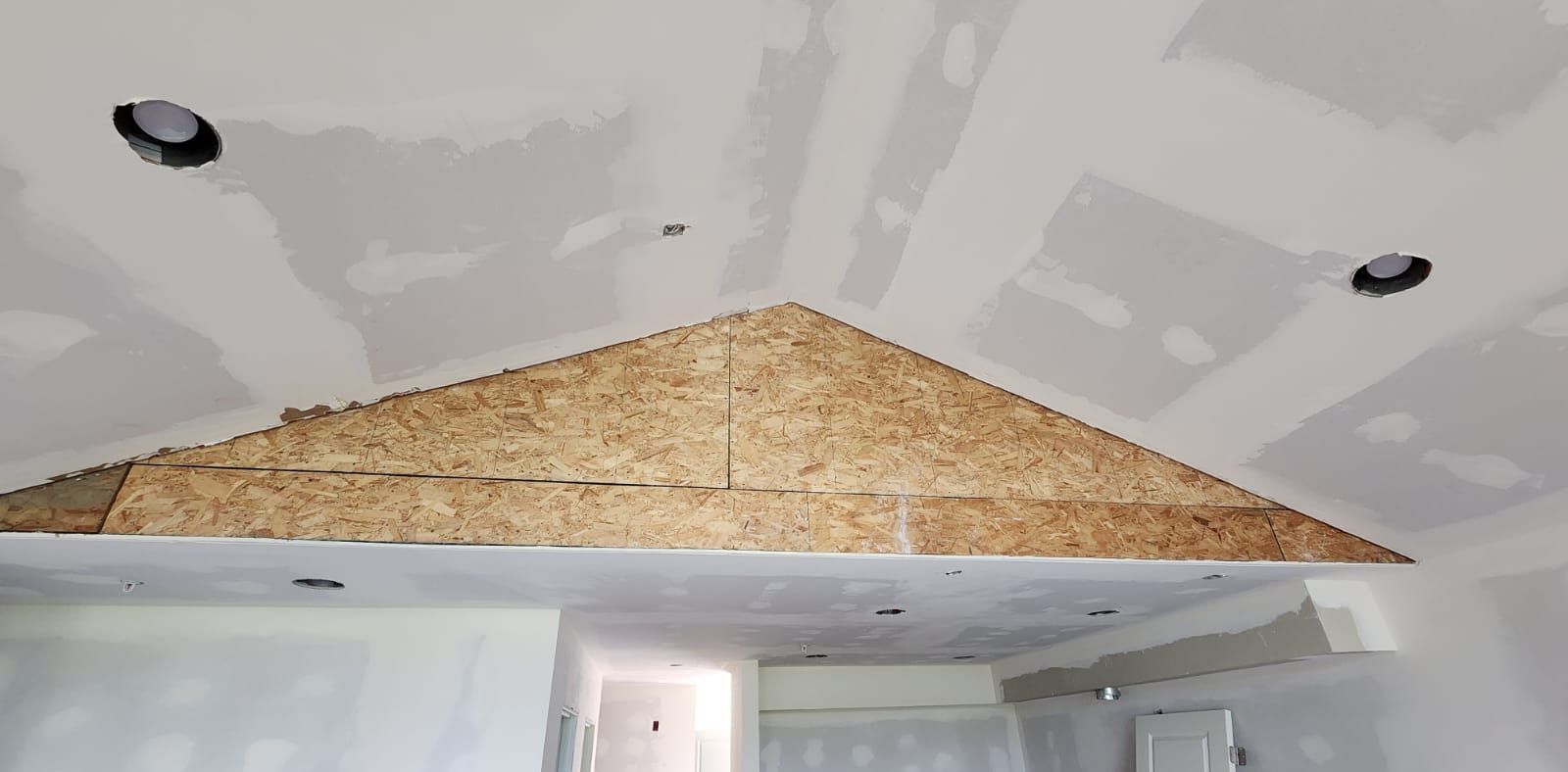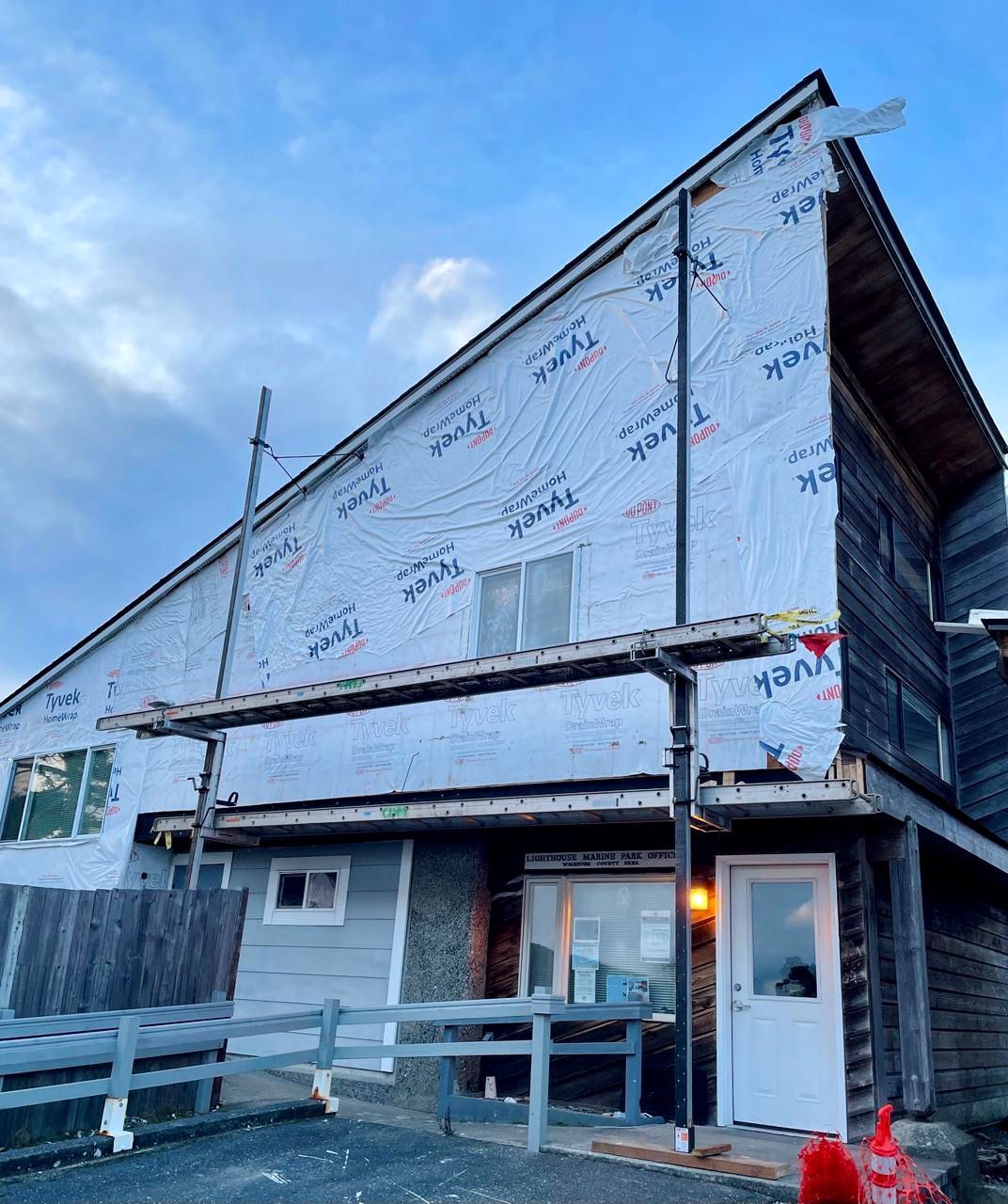Differences Between Residential and Commercial Construction
In construction, it's important to know the differences between residential and commercial projects. Even though they share some basic principles, each has unique features and requirements. In this article, we will look at these key differences to help you understand what each type of project involves.
1. Purpose and Use of the Building
Residential Construction:
Residential projects are designed for people to live in. This includes single-family homes, apartments, condos, and townhouses. The main goal is to provide a comfortable and safe living space.
Commercial Construction:
Commercial projects are for business and commercial activities. This includes offices, stores, restaurants, hotels, and industrial buildings. The focus is on creating functional spaces that support business operations and attract customers or tenants.
2. Building Codes and Regulations
Residential Construction:
Residential building codes are usually less strict than commercial ones. However, they still must follow local and state rules for safety, electricity, plumbing, and energy efficiency. Inspections focus on making sure the space is livable and safe.
Commercial Construction:
Commercial building codes are more strict and complex. These buildings must meet additional rules, like accessibility for people with disabilities, advanced fire protection systems, and higher structural requirements. Inspections are more detailed and frequent to ensure the building meets all safety and operational standards.
3. Project Size and Scale
Residential Construction: Residential projects are usually smaller in scale compared to commercial ones. They can involve building a single home or a small apartment complex. The focus is on personalized details and high-quality finishes.
Commercial Construction:
Commercial projects tend to be larger and more complex. They can range from small businesses to large shopping centers or skyscrapers. Planning and execution require careful coordination among multiple teams to complete the project on time and within budget.
4. Design and Functionality
Residential Construction: Home design focuses on comfort, aesthetics, and functionality for the residents. Architects and designers work closely with homeowners to customize details based on their preferences and needs.
Commercial Construction: Commercial design focuses on operational efficiency and functionality for the business. It must consider things like customer flow, accessibility, visibility, and the ability to adapt to future changes or expansions. The design also needs to match the brand identity and customer experience.
5. Materials and Construction Methods
Residential Construction: Materials used in residential projects are often more varied and personalized, reflecting the homeowner's style and preferences. Construction methods allow for modifications and customizations.
Commercial Construction: Commercial projects require more durable and resistant materials due to high traffic and heavy use. Construction methods must be strong and efficient to meet the demands of operations and strict safety codes.
6. Timelines and Costs
Residential Construction: Residential projects usually have shorter timelines and lower costs compared to commercial ones. However, timelines and costs can vary greatly depending on the project's size and complexity.
Commercial Construction:
Commercial projects generally have longer timelines and higher costs. The need to meet strict building codes, the project's scale, and coordination among many stakeholders contribute to these factors.
Conclusion:
Understanding the differences between residential and commercial construction is crucial for successfully handling each type of project. Whether you are planning to build a new home or develop a commercial space, it's important to work with experienced professionals who understand the specifics of each sector.
For more solutions and advice on your construction projects, feel free to contact us. We are here to help turn your ideas into reality.






